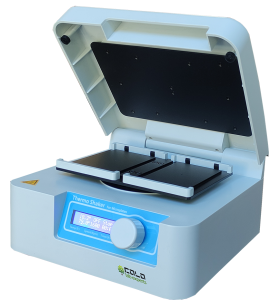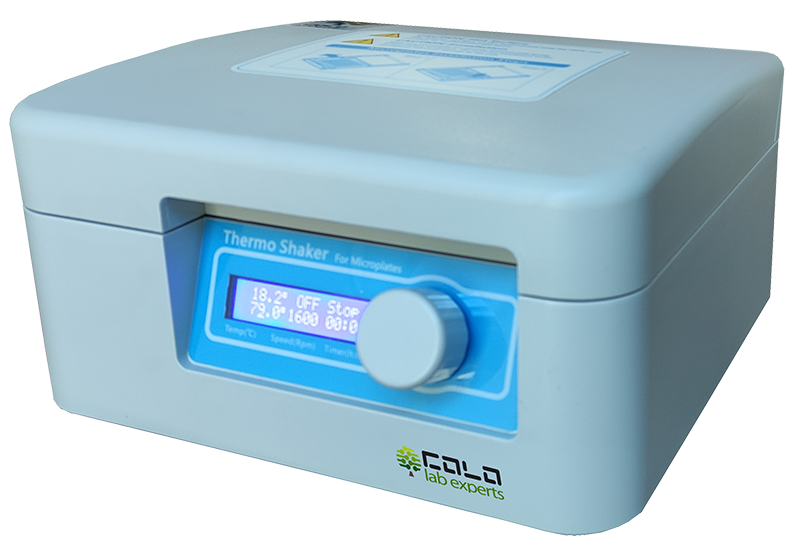COLO MTP200 Thermostatic Shaker
In the fast-paced world of laboratory research, maintaining consistent temperature control and uniform mixing is critical for producing reliable, repeatable results. Whether you’re performing enzyme reactions, ELISA assays, cell incubations, or other biochemical applications, a microplate thermostatic shaker becomes an indispensable tool—ensuring both thermal stability and thorough sample agitation.

Why Temperature-Controlled Shaking Make a Difference
Traditional methods often separate incubation from mixing, leading to inconsistent results and manual intervention. Thermostatic shakers streamline this process, providing precise temperature regulation alongside continuous, controlled movement. This is crucial in fields such as:
- Molecular biology, for DNA amplification and hybridization studies
- Pharmaceutical research, where uniform sample mixing affects drug development
- Clinical diagnostics, optimizing sensitive assays that require stable incubation
By integrating incubation and shaking, researchers reduce variability and enhance reproducibility—two key principles of successful scientific experimentation.
Spotlight on the MTP Series Microplate Thermostatic Shaker
The MTP Series is tailored for laboratories demanding precise environmental control. With a temperature range from RT+5°C to 80°C and adjustable shaking speeds, it provides flexibility for various applications. Key features include:
- Microprocessor Control – Delivers unmatched accuracy in both temperature and mixing speed.
- Double-layer Heating System – Ensures uniform thermal distribution across all samples.
- Brushless DC Motor – Guarantees reliability, low noise, and minimal maintenance needs.
- Intuitive Interface – Simplifies parameter adjustments, allowing researchers to focus on results rather than setup.
Expanding Possibilities with Alternative Models
While the MTP Series excels in microplate applications, some laboratories may require specialized shaking capacities. Models like MTS200 and MTS400 offer enhanced programmability, expanded temperature ranges, and adaptability for varied vessel types.



